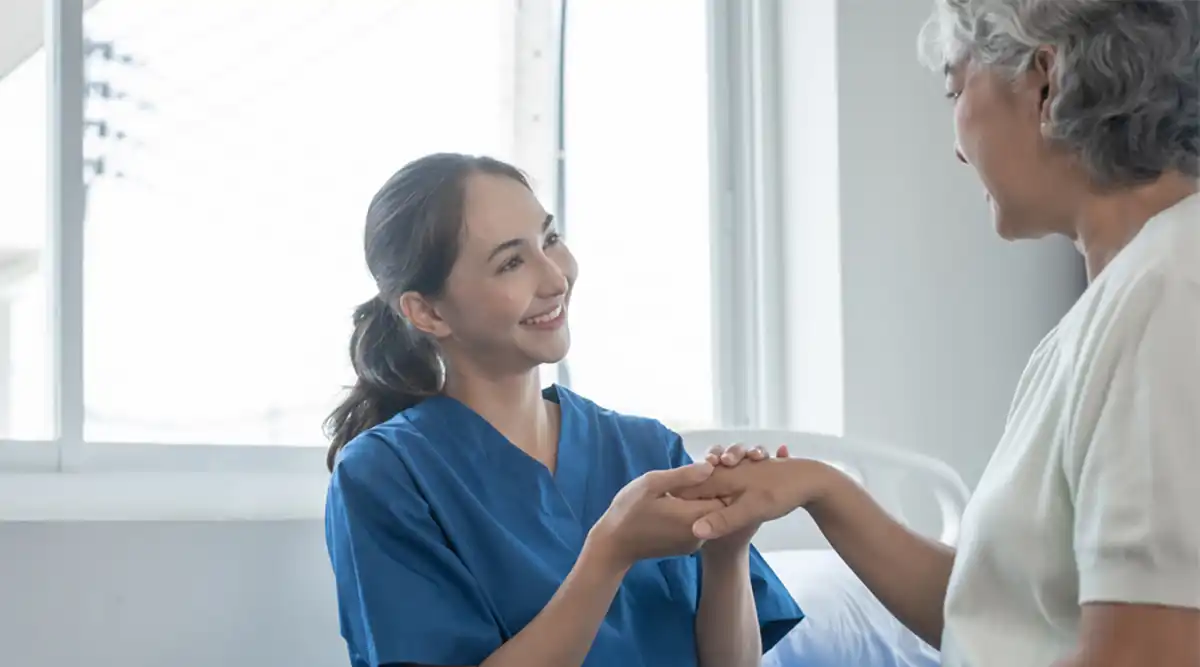This course addresses the physiological, social, and cultural aspects of caregiving for older adults. Participants will explore the biological and behavioral changes that occur with aging and how these factors impact daily care, including body odor and personal hygiene issues. The course also highlights cultural sensitivity and the importance of respecting personal preferences when providing care.
Developed by: Scott Strachan RN, BSN
(former Independently Employed CNA)

A certificate and an official state record are issued upon successful completion.
Course Title:
Understanding Older Adults: Physiological, Social, and Cultural Insights in Caregiving
Target Audience:
RN, LPN, CNA
Contact Hours/ Total Clock Hours:
1 Hour (1.0 Contact Hour)
Teaching Methods:
This self-paced, text-only course allows learners to complete training on their own time. It provides clear explanations and examples of the physiological, psychological, and social changes that occur in older adults. Caregivers will gain a deeper understanding of how aging impacts body odor, hygiene, and the care process, along with actionable guidance on best practices for managing care while maintaining the dignity of older adults.
Developed by:
Scott Strachan RN, BSN (former Independently Employed CNA)
Course Description/ Subject Matter:
This course addresses the physiological, social, and cultural aspects of caregiving for older adults. Participants will explore the biological and behavioral changes that occur with aging and how these factors impact daily care, particularly in relation to body odor and personal hygiene. The course also highlights cultural sensitivity and the importance of respecting personal preferences when providing care.
Subject Matter Includes:
This course is ideal for Registered Nurses (RNs), Licensed Practical Nurses (LPNs), and Certified Nursing Assistants (CNAs) who work with older adults in various healthcare settings.
Learner Objectives:
By the end of this course, participants will be able to:
Learning Outcomes:
Upon successful completion of this course, learners will be able to:
Disclaimer:
The information provided in this course is for educational purposes only and should not be construed as legal, financial, or professional advice. While every effort has been made to ensure accuracy, the content is not guaranteed to be free from errors or omissions. Participants are encouraged to consult with a qualified professional for specific advice related to their individual circumstances. The creators and presenters of this course disclaim any liability for decisions made based on the information provided.